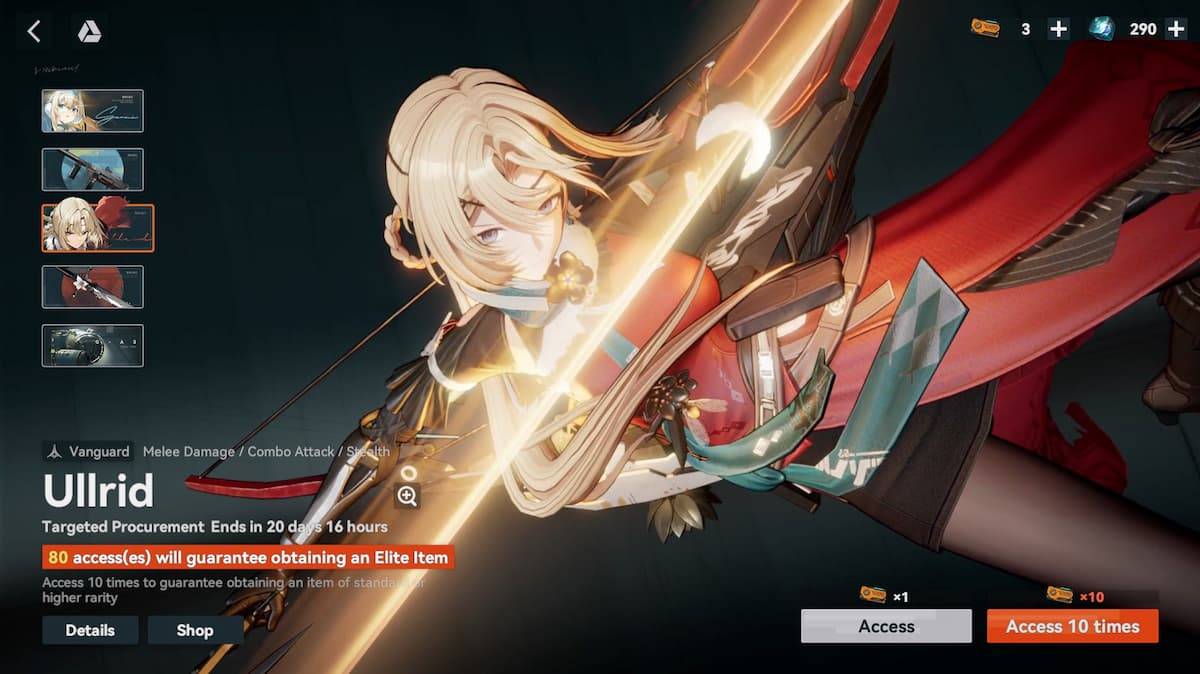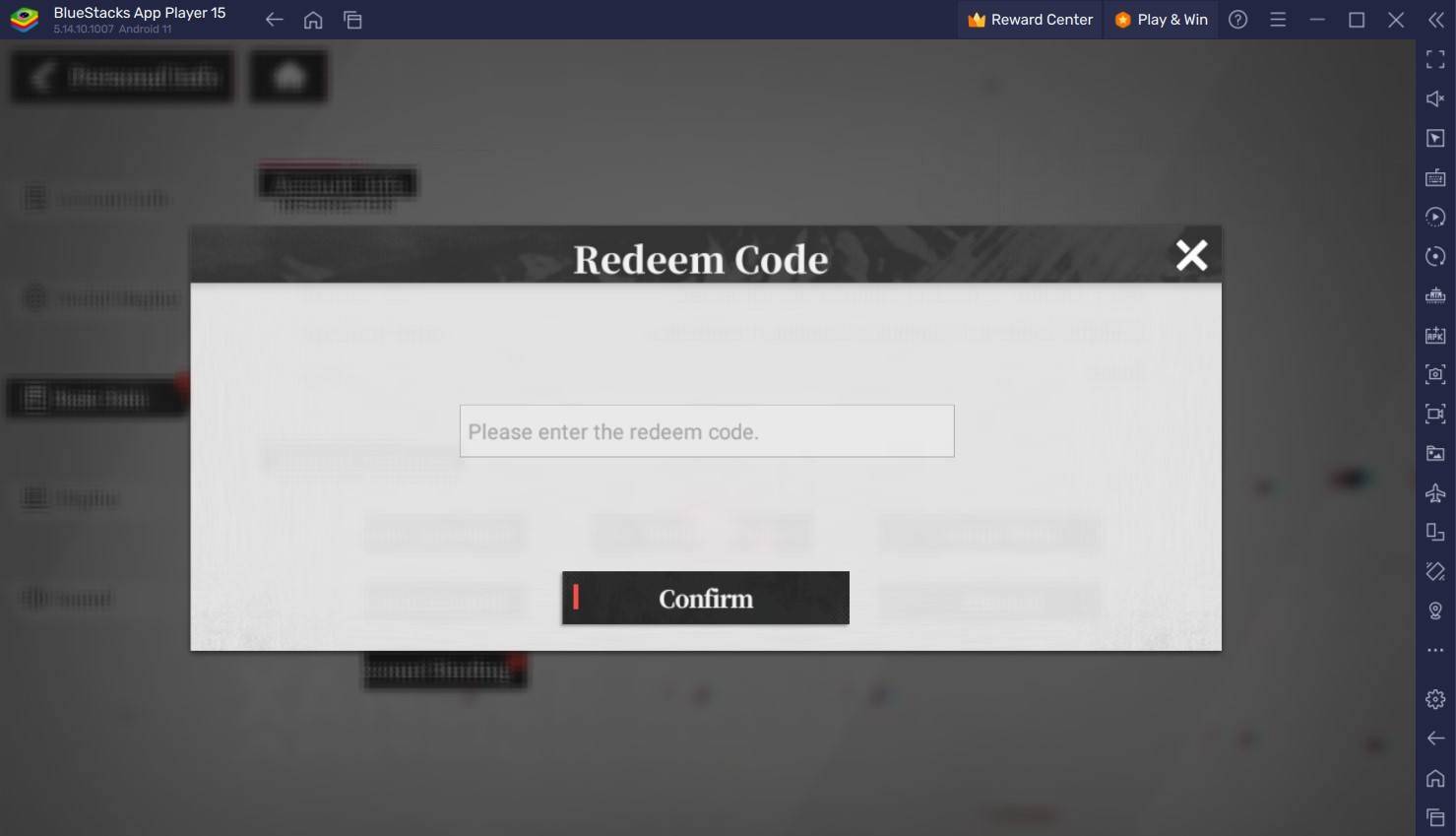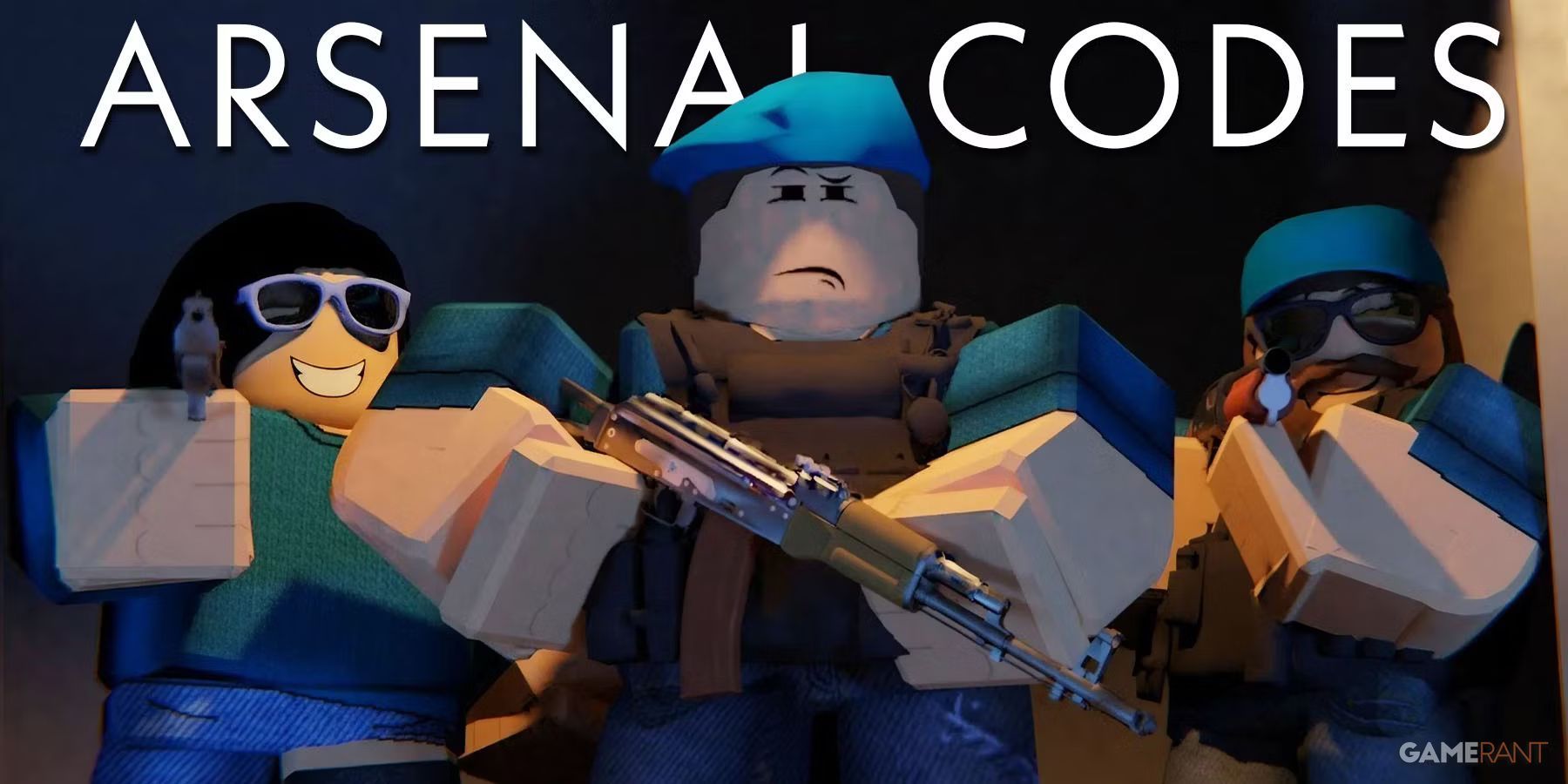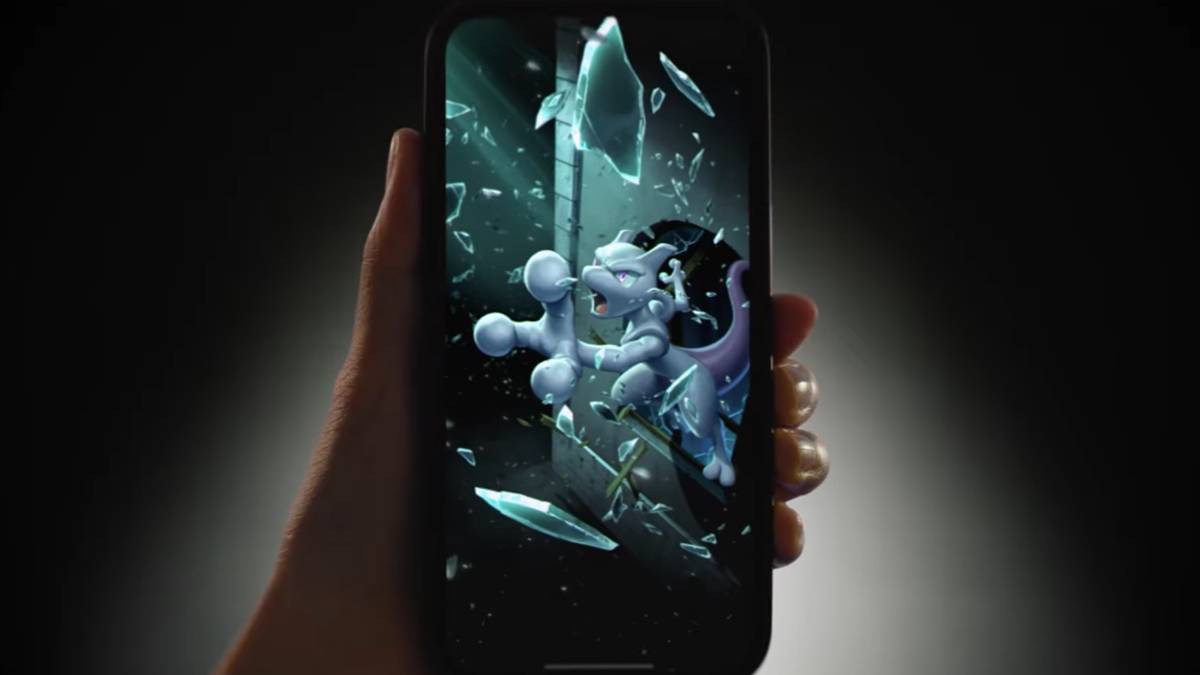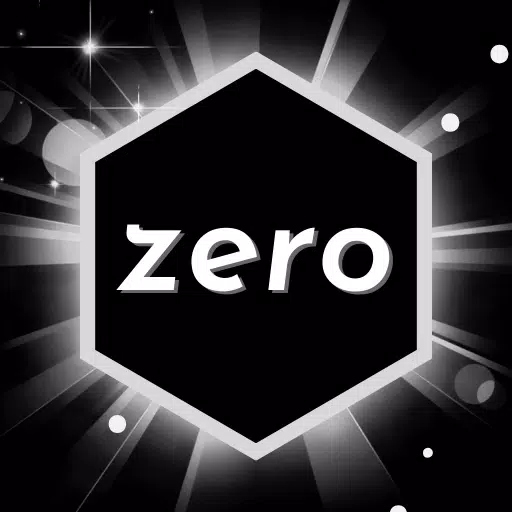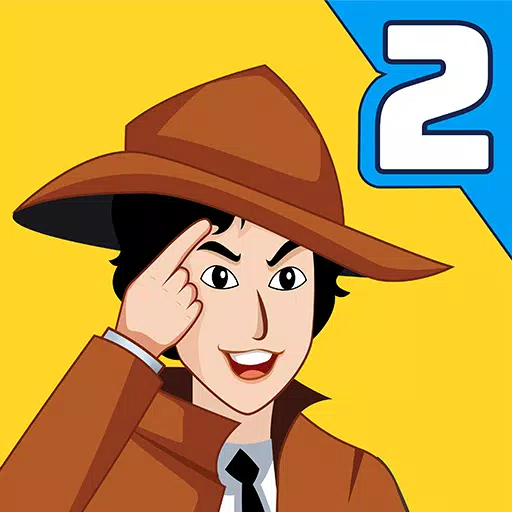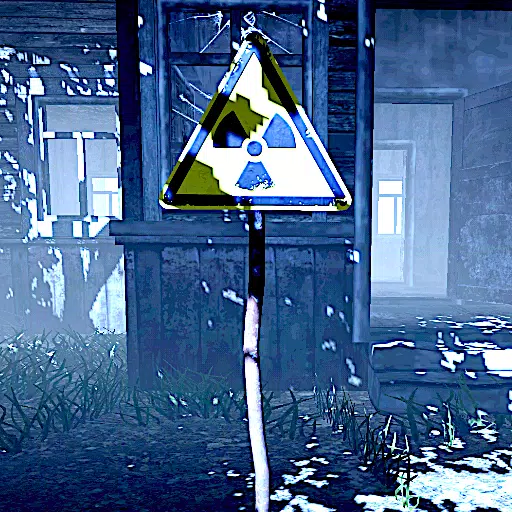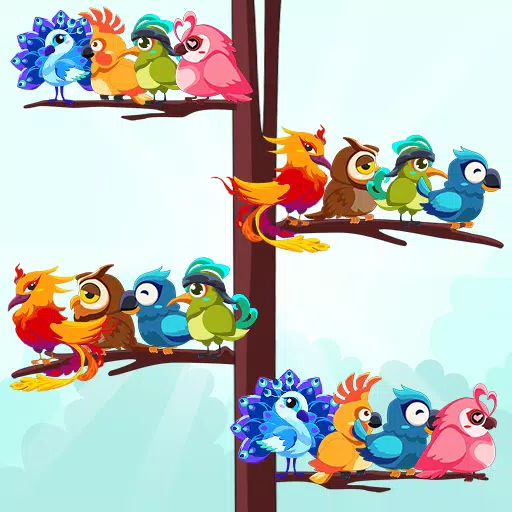Nintendo's Piracy Takedown Tactics Revealed
Nintendo's aggressive stance against emulation is well-documented. Recent examples include the $2.4 million settlement with Yuzu emulator developers in March 2024, the October 2024 cessation of Ryujinx development following Nintendo's intervention, and the legal advice preventing a full Steam release of the Gamecube/Wii emulator Dolphin in 2023 due to Nintendo's pressure. The infamous 2023 case against Gary Bowser, a reseller of devices that bypassed Nintendo Switch's anti-piracy measures, resulted in a $14.5 million judgment.
A Nintendo patent attorney, Koji Nishiura, recently shed light on the company's strategy at Tokyo eSports Festa 2025. While acknowledging that emulators aren't inherently illegal, Nishiura emphasized that their use can become illegal under specific circumstances. He highlighted two key scenarios: emulators that copy game programs, thus infringing copyright, and emulators capable of disabling console security measures.
Nishiura's explanation largely rests on Japan's Unfair Competition Prevention Act (UCPA), limiting Nintendo's legal reach internationally. He used the Nintendo DS "R4" card as a case study – a device allowing pirated game execution – resulting in a 2009 ruling against its manufacturers and distributors under the UCPA.
He further clarified that tools facilitating pirated software downloads within emulators, termed "reach apps" in Japanese law, also violate copyright. Examples include the 3DS's "Freeshop" and the Switch's "Tinfoil."
Nintendo's lawsuit against Yuzu cited one million pirated copies of The Legend of Zelda: Tears of the Kingdom, alleging that Yuzu's Patreon generated $30,000 monthly through premium features providing early access and updates to pirated games.
Latest Articles



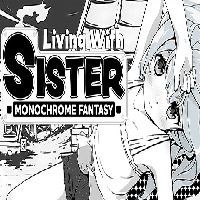




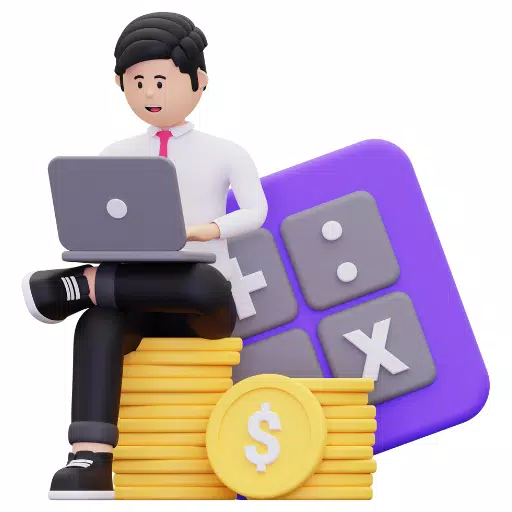
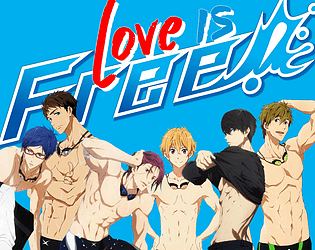

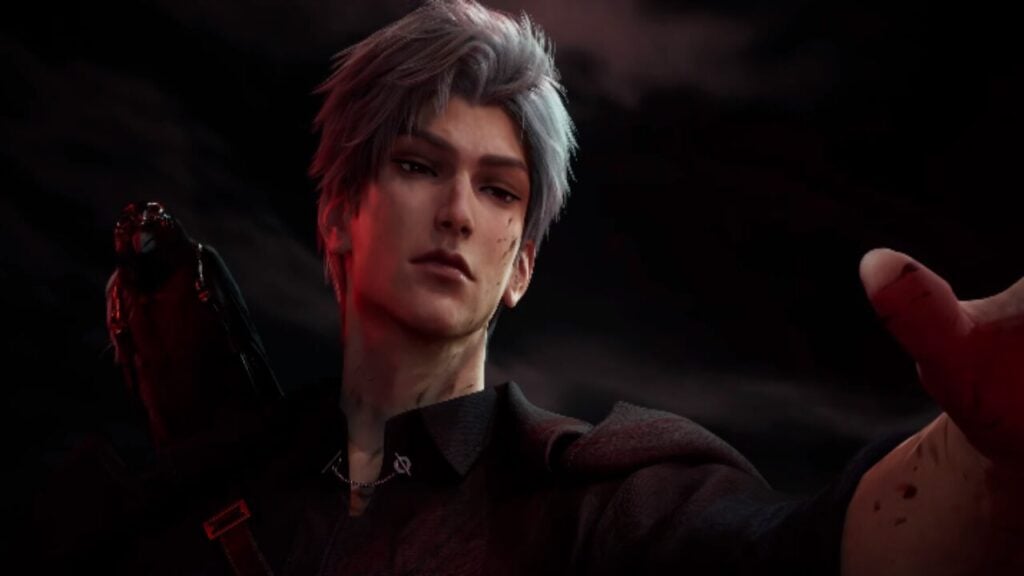
![Roblox Forsaken Characters Tier List [UPDATED] (2025)](https://images.dyk8.com/uploads/18/17380116246797f3e8a8a39.jpg)
